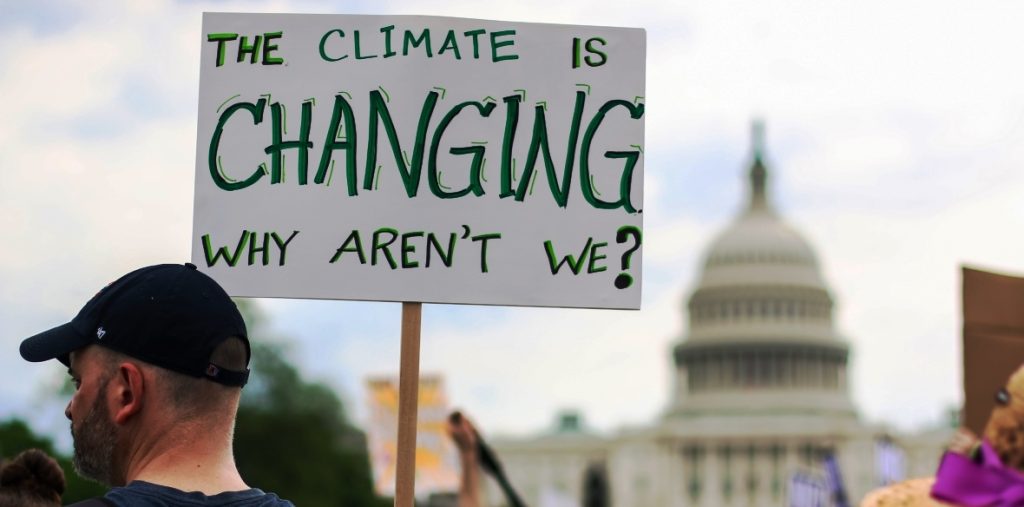Sixth United Nations Report
On August 9, United Nations Secretary-General Antonio Guterres published the sixth report on global warming, prepared by the Intergovernmental Panel on Climate Change (IPCC). It is divided into three parts: 1) physical science-based evidence for climate change (234 authors analyzed over 74,000 contributions); 2) the impact of global warming, the fragility of ecosystems and man-made areas, the ability to adapt (270 authors, 57,000 documents); 3) Possible measures to mitigate climate change (239 authors, more than 43 thousand documents). In this final chapter, the UN panel highlights the importance of revising the deadlines imposed by the COP21 Paris Agreements, when it was believed (it was 2015) that the increase in the average temperature on the planet could be contained below 2°C, perhaps even at + 1.5 degrees Celsius. Not. The main indicator is that it is no longer enough to set the goal of reducing carbon dioxide emissions, but it is necessary to act on all gases that change the climate: first, methane. Therefore, in intensive agriculture and industrial meat production. Dispersants from shale gas wells (those that are limited to the fine porosity of the rock) and “unconventional” oil extraction must be contained. However, this presents a major problem for one of Stone’s guests at COP26 (an acronym for the 26th Conference of Participants to the United Nations Framework Convention on Climate Change, Unfccc): Russia, a major European producer (and supplier) of gas.
science and politics
These few introductory words show us the obligatory center of every action aimed at slowing down the ecological crisis initiated by man, unconscious until a few decades ago: a political heart, with which we all have to contend, of which none is excluded. This in turn opens up an old scenario, the scenario of the relationship between science and politics. So far many events have been archived, but not the twentieth century, as unscientific regimes spread throughout Europe (and later Asia) characterized by their ferocity and disrespect for human beings. Strange whose followers still appear on the world stage.
The intensity and quality of the Sixth Report lend the characteristics of its harsh and dramatic analysis to unscientific debate, at least in comparison with the unifying currents that express themselves everywhere.
However, the guest is not involved, so much so that the President of the United States, Donald Trump, a few months before leaving his term, withdrew his country from the Paris Agreement of December 12, 2015. The latter was a historic date for the planet: 197 member states of the United Nations Framework Convention on Climate Change, which is known as the first global and legally binding agreement on climate change. Today, 191 countries that are formally part of this agreement – among the 195 signatories – are all united with a common goal: to contain the long-term rise in average global temperature well below the 2°C threshold above pre-industrial levels. , and in order to stop this increase, we set 1.5 degrees Celsius.
His successor, Joe Biden, decided to return, putting his country’s weight in the service of combating global warming (which today has changed for the worse, as we saw in the Sixth Report). A fact that strengthens international action to combat global warming.
work and time
We highlight the problem and political difficulties of initiating public intervention. However, we must admit that the time to reverse this phenomenon will be more than just my book, and you will be a few thousand years away. But this cannot discourage humanity: comprehensive and consensual action on the path indicated by the United Nations can slow the development of change into a dead end and is, in any case, a goal that can be pursued in a specific time. From prison the endless countdown to the (happy) past will begin.
However, the outstanding issues are: a) developing countries, on which it is very difficult to impose the necessary limits; b) Effects of the use of protection rules. For its part, the European Union, by financing national plans for recovery and resilience, has achieved a decisive acceleration of activities and actions that will define the transformation of the continent, favoring renewable energies and anything that can significantly reduce emissions and heating. . A critical choice to mitigate the impact of the new environmental policy on employment.
Of course, it will not suffice for European countries to do their part, and even more than that. We contribute to climate change with 10% of pollutant loads (Italy 1%): 90% for work. Here we return to politics.
As the development of the Covid-19 pandemic shows, there is a part of the Italian and European population that does not share science data, but, on the contrary, opposes it. This part cannot be classified in geopolitical terms, since not only the right, according to tradition, provokes a kind of political supremacy, but also the union and large areas of the left take a similar position.
If we think about the consequences of new environmental policies on productive activities, we can understand the practical and tangible difficulties of putting a policy to combat climate change into practice. This is all and nothing else. Politicians and brave patriots will not suffice. There will be a need for a popular conscience aimed specifically at protecting the future of humanity.
Photo: Washington, DC, April 29, 2017. Thousands of people take part in the Climate March. credits. Nicole Glass Photography

“Hardcore beer fanatic. Falls down a lot. Professional coffee fan. Music ninja.”






More Stories
The law allows children and adolescents to visit parents in the hospital.
Scientists pave the way for the emergence of a new element in the periodic table | World and Science
Can dengue cause hair loss? Expert explains how the disease affects hair